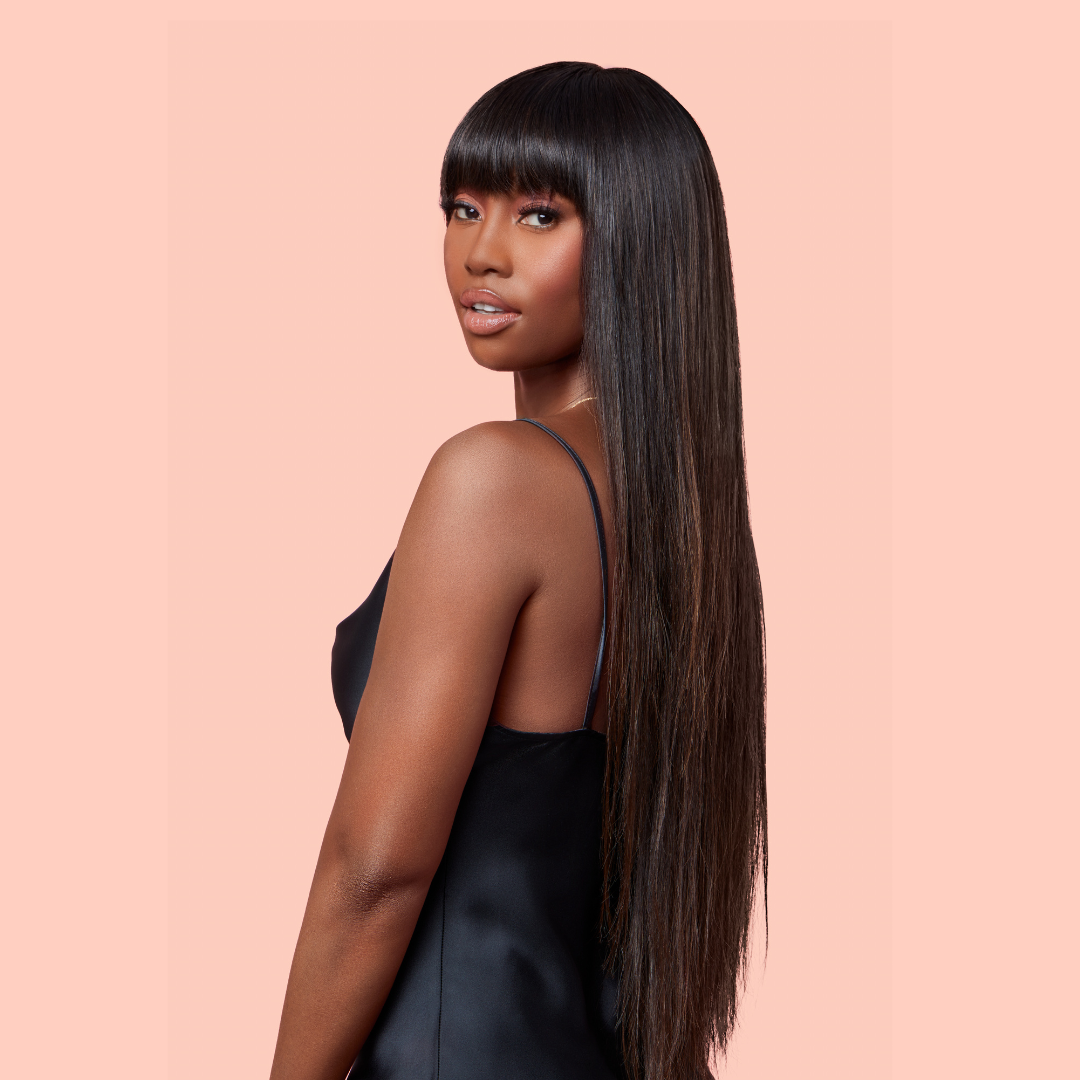
HOW TO PROPERLY HYDRATE AND MOISTURIZE LOW POROSITY AFRO HAIR
|
|
Time to read 3 min
Written by: Marie Darmyn
|
|
Time to read 3 min
You’ve tried everything, every method under the sun, but nothing works. You have spent a fortune on hair care for your precious locks, but nothing seems to do the trick. Your hair is still dry no matter what you do. You might just have low porosity hair…
One of the most common struggles black women with low porosity hair face is keeping their strands hydrated and moisturized. This can be attributed to the fact that low porosity hair generally lacks moisture due to its compact structure. The cuticles on each strand of hair are so close together that it makes it hard for products to penetrate and deliver all their goodness. As a result, women with low porosity hair often have to take special care when hydration and moisture are concerned.
In this blog post, we'll be discussing how to properly hydrate and moisturize low porosity afro hair. Keep reading to learn more!
How to Hydrate Low Porosity Afro Hair
1) Use a gentle shampoo: When washing your low porosity afro hair, it's important to use a gentle shampoo in order to avoid stripping your hair of its natural oils. You should also avoid using shampoos that contain harsh chemicals, sulfates, or alcohols. Instead, opt for a hydrating or moisturizing shampoo that will infuse your strands with moisture without stripping them of their natural oils.
Only use clarifying shampoo to get rid of build up once in a while.
We recommend: Wakati Sulfate-Free Shampoo and Nguvu Shea Hair Conditioner.
2) Use a hydration treatment: A hydration treatment is a great way to infuse moisture into low porosity afro hair. We recommend using a hydrating mask or deep conditioner at least once a week. Using steam is going to help your deep conditioning go a long way. When selecting a product, look for one that contains ingredients like glycerin, honey, or aloe vera, which are all known for their hydrating properties.
3) Use leave-in conditioners and/or styling products (but not too much): In addition to regular deep conditioning treatments, we also recommend using leave-in conditioners or styling products on your low porosity afro hair. This will help to keep your strands hydrated throughout the day and prevent them from drying out. Some good leave-in conditioners or styling products to try are those that contain glycerin or honey.
4) Turn the heat down: Heat styling can be damaging to any type of hair, but it's especially damaging for low porosity afro hair. This is because heat styling can further dry out your strands and make them more prone to breakage. If you do choose to heat style your hair, be sure to use a heat protectant spray beforehand in order to minimize the damage caused by the heat.
5) Seal that moisture: After you've washed and conditioned your low porosity afro hair, it's important to seal in the moisture with an oil or butter. Oils and butters help to create a barrier on the hair shaft that prevents moisture from escaping. Some good oils or butters to try are olive oil, coconut oil, avocado oil, shea butter, or mango butter.
We recommend: Uhuru Chebe Hair Butter
Properly hydrating and moisturizing low porosity afro hair can be a bit tricky, but it's definitely not impossible! By following the tips laid out above, you'll be well on your way to achieving healthy and hydrated strands in no time.
BONUS TIPS:
Here is a list of the some of the best natural oils for Low Porosity Hair:
- Argan oil: It has intense moisturizing properties. It moisturizes by forming a non-evaporating layer around the hair. The protective layer will lock in the moisture until it is washed out.
- Grapeseed Oil: This is the lightest oil you can use on low porosity hair. Great for oily scalps and thin hair because it helps to seal moisture without weighing the hair down.
- Avocado Oil: Although it is a heavier oil, it is a good choice because of its ability to penetrate deeply into hair strands and moisturize the hair.
When shampooing, rinse with WARM water to open the cuticles in order to allow the conditioner or mask to penetrate.
This is it for now! Until next time...
Bisou,
Mimi